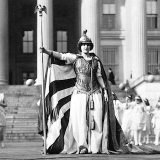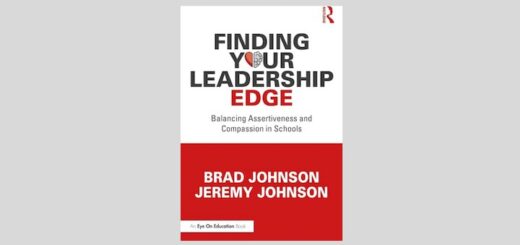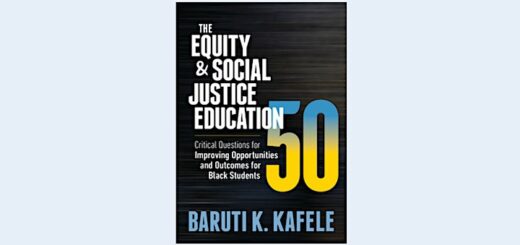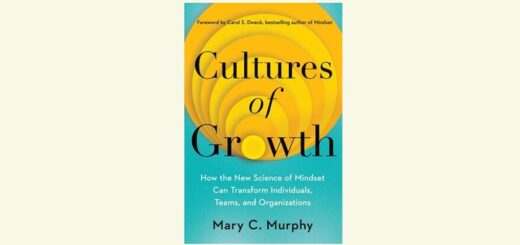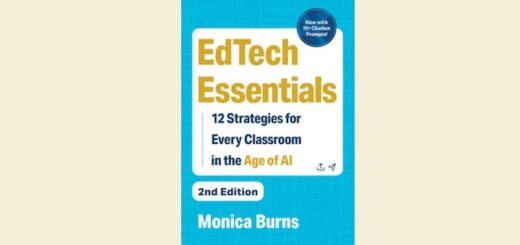What a Writer Needs (2nd Edition)
What a Writer Needs (2nd Edition)
by Ralph Fletcher
(Heinemann, 2013 – Learn more)
In his introduction to the new edition of What a Writer Needs, Ralph Fletcher writes: “This book concerns itself with the art and craft of writing itself. I hope readers of this book will get a better grasp of how writing works, both in its parts and as a whole.” Fletcher absolutely achieves his goal.
This book is for every teacher who teaches writing as well as for every writer. I loved What a Writer Needs the first time I read it when I started teaching, and I love this second edition even more. It is just as relevant to me as a teacher and a writer today as it was 11 years ago.
Throughout Fletcher’s introduction and first section of the book, I was nodding my head in agreement to much of his writing philosophy. For instance – “Here’s my belief: You don’t learn to write by going through a series of preset writing exercises. You learn to write by grappling with a real subject that truly matters to you.”
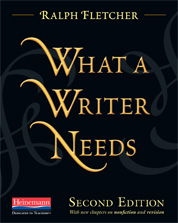
I also love Fletcher’s warning to his readers: “This is no recipe book; I have tried not to be formulaic. Rather, I want to suggest the richness of options, the myriad possibilities open to the writer at any given moment.” Writing teachers can always benefit from new teaching strategies as we create mini-lessons and conference with students.
The book is organized into two sections – Essentials and Craft.
Part One: Essentials
1. Mentors
2. Freezing to the Face
3. A Love of Words
I laughed out loud many times while reading this section. Fletcher is hilarious and he is honest. He tells a story of his first-grade teacher, Mrs. Damon, and how in her class “writing was penmanship.” She had a vendetta against Fletcher’s handwriting. I’m so impressed that he persevered to become a professional writer regardless (or in spite) of his writing teachers because his books have positively influenced so many adult and child writers.
Fletcher delves deeply into the importance of having quality writing mentors and attributes much of his success as a writer to his mentors. He heeds the warning: “A true mentor will try not to penalize the student or clone a duplicate of himself. Rather, a mentor is forever alive to the possibility of something new and distinctly original.” Not an easy task for any writing teacher, but it is totally essential that we keep our minds open to creative expression and originality.
Fletcher pushes teachers to persuade their students to take risks. “We need to redefine the success ethic, not just in writing class but during the entire school day, to mean not only ‘Did you get it right?’ but also ‘Did you take a chance? Did you try something you’ve never tried before?’”
Again, YES!
Part Two: The Craft
4. The Art of Specificity
5. Creating a Character
6. Voice
7. Beginnings
8. Endings
9. Tension
10. A Sense of Place
11. A Playfulness with Time
12. Unforgettable Language
13. Writing Nonfiction
14. Revision
The second section of the book gets into the tools teachers of writing and writers can use. I love his suggestions. Every chapter explains why a particular craft element is important to a writer and offers applicable examples by professional or student writers. Fletcher’s suggestions are easy to understand and any teacher should be able to apply his strategies in Writing Workshop.
My only complaint about this book is that it is not available electronically. I had to bust out some sticky notes (that have become unsticky over the years) and a pen in order to jot down my thoughts. It didn’t leave me feeling nostalgic.
Brilliant insights
What a Writer Needs is one of my favorite go-to references not only for Fletcher’s brilliant insights, but the insights from his brilliant mentors. He does an excellent job giving credit to all of his mentors throughout the book; not all authors do this as eloquently and honestly. Fletcher’s kind words in his acknowledgment of the influence of the late Don Murray (who wrote the foreword for the first edition) teared me up: “I sorely miss Don, but he’s not really gone–his ideas on writing continue to inspire my work.”
While apprenticing as a writer, and gathering an impressive portfolio of rejection slips, I cherished the advice from writers I respected who were willing to share their secrets with me, who could help me find a way through the dizzying complexities of this craft to what Donald Murray calls the “unifying simplicities” that lie underneath. (from the Introduction)
Ralph Fletcher’s What a Writer Needs can help you and your students as you search for and discover the unifying simplicities that make writing worth all the work.
Rachel Small is a middle school English teacher at the Virtual Learning Academy Charter School in New Hampshire. She believes in fostering deep thinking and a love of learning in her students. Rachel is also an educational consultant who guides teachers to become passionate about innovative and adaptive learning techniques so their students develop effective communication and collaboration skills to obtain information using a critical lens. Follow her on Twitter @rvsmall. Subscribe to her blog RachelVSmall.com.











